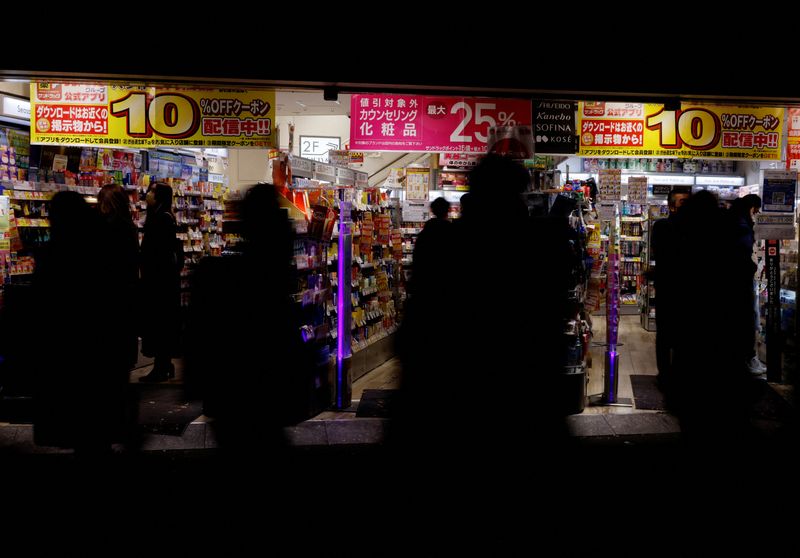Japanese expect prices to rise the Bank of Japan is confused
2023.01.11 08:53

Japanese expect prices to rise the Bank of Japan is confused
By Kristina Sobol
Budrigannews.com – A survey conducted by the central bank revealed that in the three months leading up to December, households’ expectations of inflation increased, indicating that the public’s perceptions of future price changes were being influenced by the persistent rises in the costs of food and fuel.
The outcome, in addition to the possibility of higher wage growth, adds to the growing number of recent indications that the third-largest economy in the world may be experiencing the conditions necessary for the Bank of Japan (BOJ) to gradually end its extensive stimulus program.
A quarterly BOJ survey released on Wednesday revealed that the proportion of Japanese households anticipating price increases in a year was 85 percent in December, roughly unchanged from 85.7% in September.
According to the survey, households expect prices to rise by an average of 9.7% over the next year, up from an 8.5% forecast in September.
According to the survey, households now anticipate price increases of 76.7%, down from 78.3% three months ago.
The BOJ closely monitors a variety of data to assess the outlook for inflation and the impact of underlying price movements on inflation expectations, including the household survey.
Core consumer prices in Tokyo, a key indicator of national trends, increased by 4% in December, exceeding the BOJ’s 2% target for the seventh month in a row as inflationary pressure increased.
Sources have informed Reuters that the BOJ will likely increase its inflation forecasts during the rate review next week. This demonstrates the BOJ’s growing conviction that robust domestic demand will maintain inflation at or near its 2% target for the foreseeable future.
Haruhiko Kuroda, governor of the Bank of Japan, has ruled out the possibility of a quick increase in interest rates. According to him, the BOJ needs to keep supporting the economy until the current cost-push inflation is replaced by demand-driven inflation accompanied by higher wages.
However, investors have priced in the possibility of a change to yield curve control when Kuroda’s second five-year term ends in April, which has led to an increase in Japan’s long-term interest rates.
More Main risk is inability to cope with climate change-WEF








